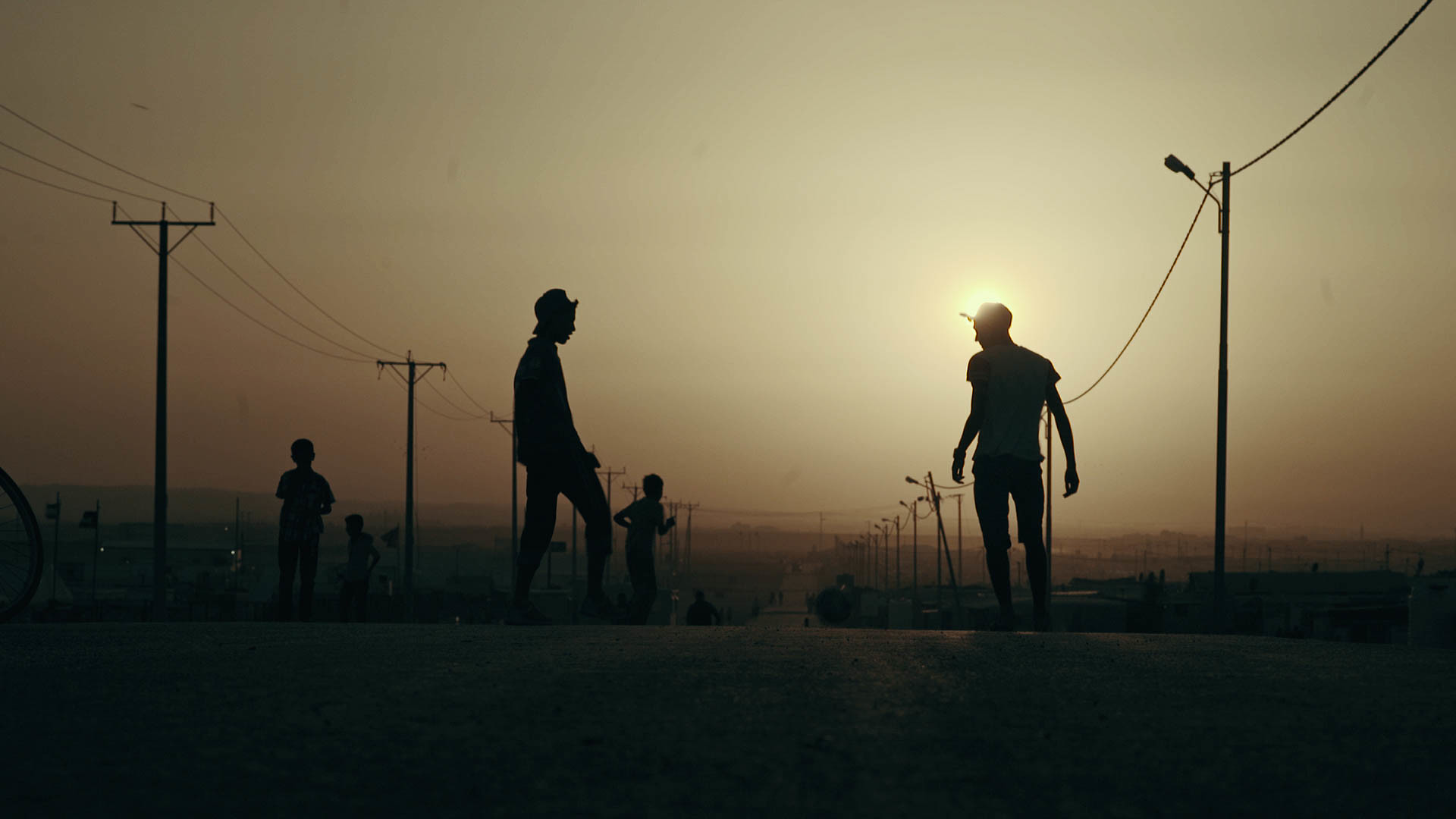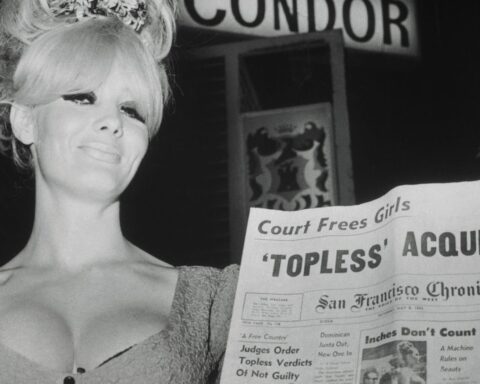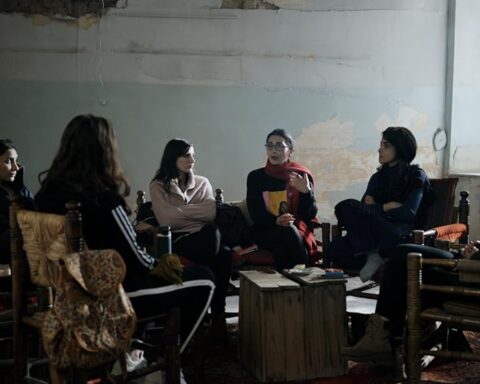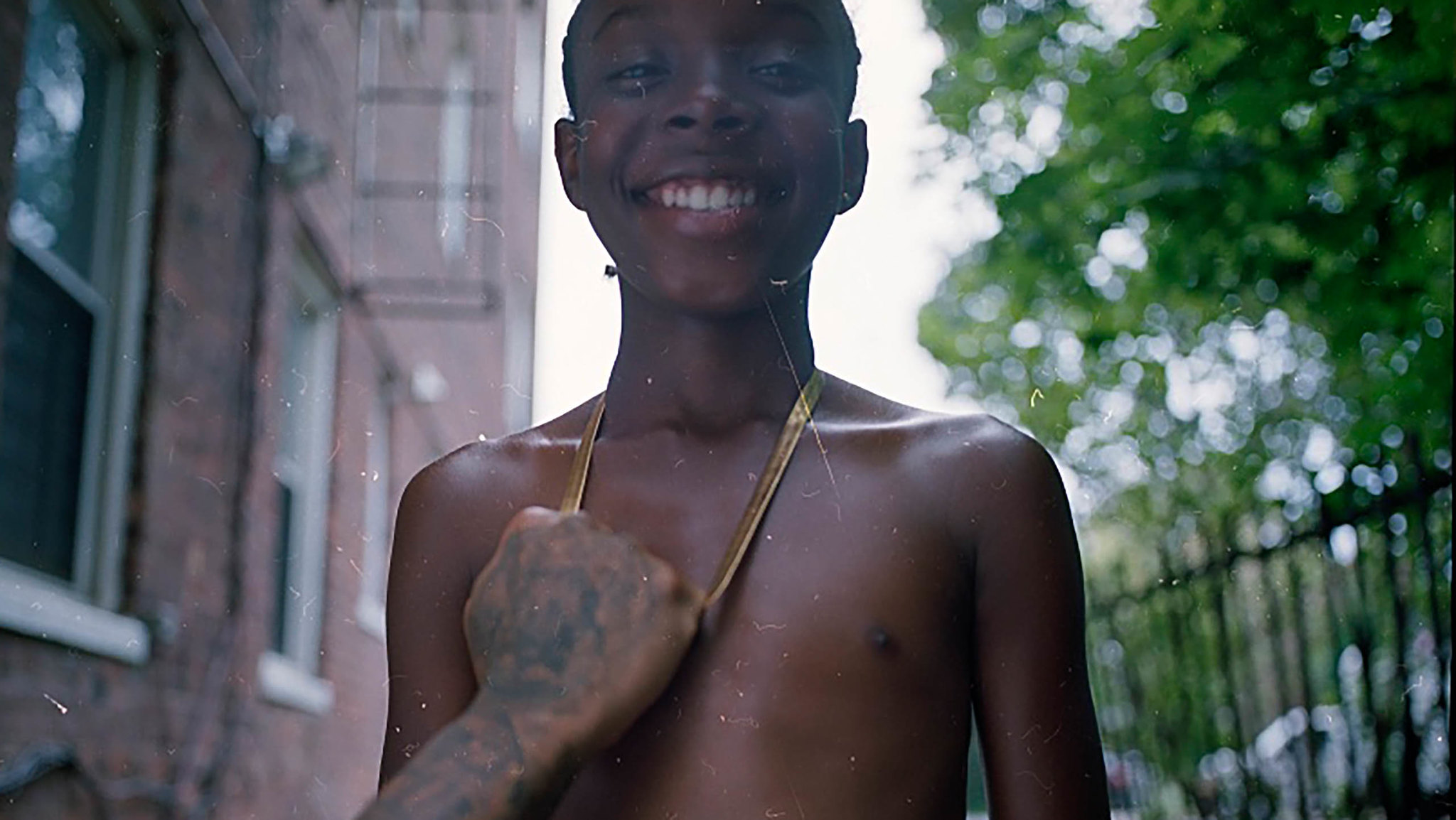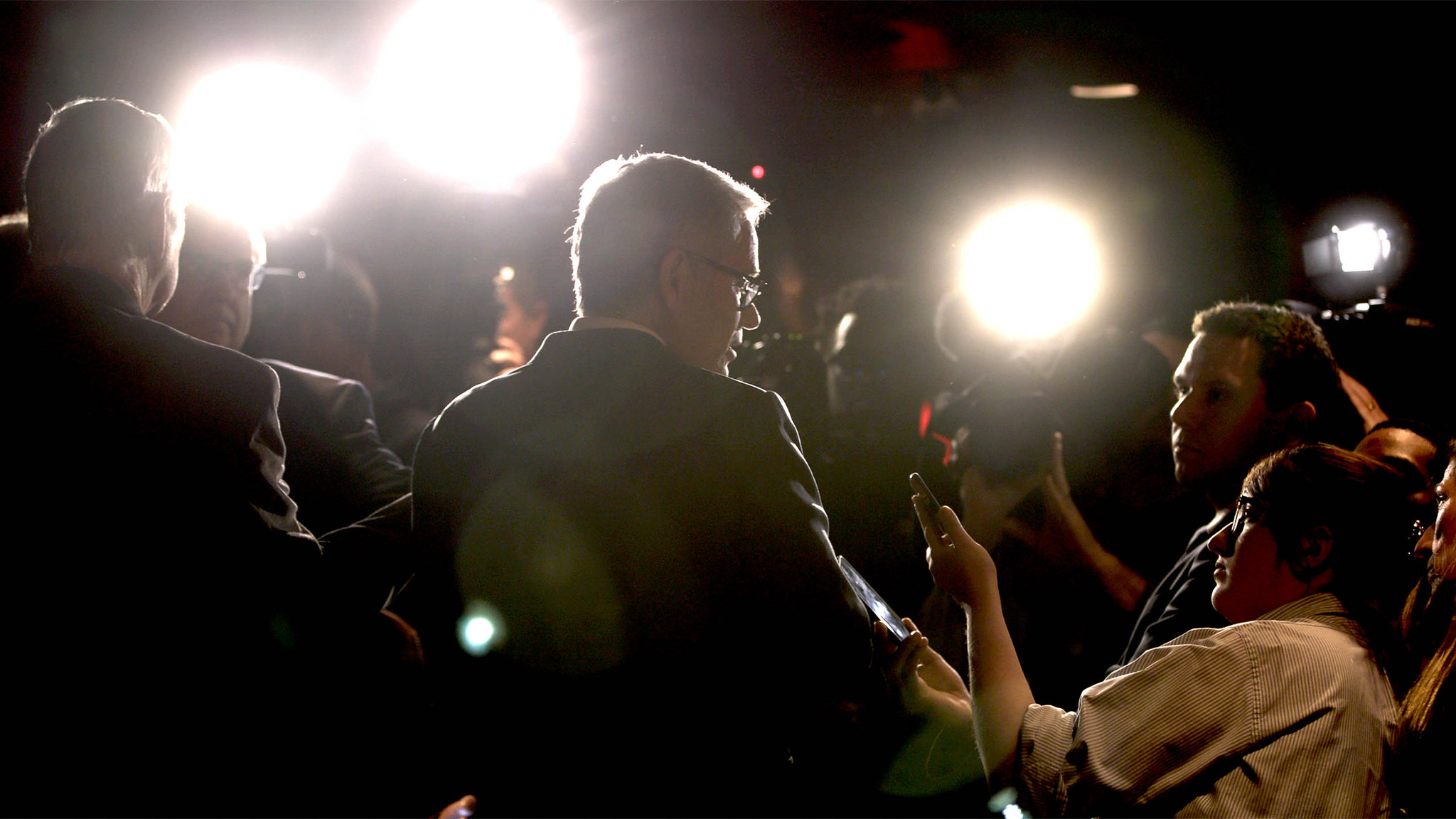The latest documentary dispatch from Sundance offers a trio of heroic stories. One gives a Civil Rights activist her due, while another is a prize-winning rescue saga from the frontlines of an ongoing human rights crisis. The third doc looks at this same crisis but captures the plight of refugees in an different light to offer an unconvenional sports doc and one of the festival’s biggest triumphs.
My Name Is Pauli Murray
(USA, 91 min.)
Dir. Betsy West and Julie Cohen
Programme: Premieres
It seems astonishing that Pauli Murray is not a bigger name in the history of the Civil Rights movement in the United States. This film will surely help rectify that error. West and Cohen, who made plenty of fans with their highly sympathetic portrayal of Ruth Bader Ginsburg with RBG, have with My Name Is Pauli Murray shined the spotlight on a woman whose accomplishments for too long have lived in the shadows.
For certain communities, Murray’s legacy is already firmly established. A pioneering activist, a lawyer, a priest and a person who never conformed to conventional gender roles or presentations, she has become a kind of lost figure whose record has been championed only in rarified circles. The documentary showcases how many famous events from the 1960s and 1970s, from bust protests to desegregation to even Supreme Court cases, were built upon her activities a generation before.
The film doesn’t always succeed in dealing with Murray’s contradictions, yet the film works best when painting her struggles and accomplishments in shades of grey. Both her personal and political motivations often shifted throughout her life, and it’s clear from her writings that she not only was a profoundly fascinating character but also a mirror for those who wish to see their own perspectives or opportunities reflected in what she lived for. There’s a danger that in adopting a simplistic view of this remarkable person that many of this subtleties and contradictions will be dismissed in favour of clearer adherence to contemporary struggles and identities, but Murray would seem to be the first to chafe as such adoption.
In the end, West and Cohen have done nothing short of elevating Murray to an audience that may be oblivious to her immense effect on the last century of civil rights. The argument to make her a key participant in discussions alongside the likes of Thurgood Marshall, Martin Luther King, Jr. and especially Rosa Parks seems entirely apt, even if there’s less rigour within the film about how the community themselves reacted, in many ways negatively, to her unconventional approach to both the issues and her lifestyle. That is certainly ripe for investigation in another work. For now, one can revel in the more celebratory and inviting film where Pauli Murray is finally named and rightfully positioned within the pantheon of those who helped bring entire peoples justice and respect. – Jason Gorber
Sabaya
(Sweden, 90 min.)
Dir. Hogir Hirori
Programme: World Cinema Documentary
In August 2014, Daesh (ISIS) committed genocide against the Yazidi people — a Kurdish ethno-religious minority — in northern Iraq. They murdered men and elderly women, forced boys into training camps, and abducted women and girls to keep them as “sabaya” — sex slaves. Daesh has since been declared as defeated, but the remnants of war remain. Many Yazidi women and girls are still held by Daesh who are detained in Syria’s al-Hol Camp.
Sabaya, directed by Swedish filmmaker Hogir Hirori, confronts this troubling aftermath. By shadowing two volunteers at the Yazidi Home Center, Mahmud and Ziyad, Hirori takes us on an intense, potentially perilous journey as they attempt to rescue sabaya who remain captive. Mahmud follows his leads, trying to trace the whereabouts of these women and children one-by-one. Whenever Mahmud and Ziyad arrive on the scene of the al-Hol Camp — notorious for being the most dangerous one in the Middle East — they’re faced with people lying, playing dumb, or attempting to misdirect them. Occasionally, their rescue efforts are successful, but their job’s still not done. With the help of Mahmud’s wife, Siham, and other family members, they offer support and shelter as the rescued women recover and work through trauma. Sometimes they simply show them a cartoon. At one point, the volunteers rescue a 7-year-old girl.
This gripping, harrowing film occupies an interesting space that one can only describe as a calm urgency. The calmness comes courtesy of Mahmud. The object is so pressing, he can’t be outwardly affected. This feat is doubly impressive when seeing the situations in which he finds himself. Gunshots are a familiar part of the soundscape and, early in the film, there’s a high-speed, post-rescue car chase where bullets fly. Meanwhile, Sabaya’s camerawork — carried out solely by Hirori himself — never feels intrusive, operating instead as a solemn observer. Hirori won Sundance’s directing award for World Cinema Documentary, and it’s no wonder given his measured approach in such an impressive, often mind-boggling project. – Sandi Rankaduwa
Captains of Zataari
(Egypt, 73 min.)
Dir. Ali El Arabi
Programme: World Cinema Documentary
Echoing numerous sports documentaries, from the touchstone work that is Steve James’ Hoop Dreams to the Ariel Nasr’s NFB film The Boxing Girls of Kabul, Ali El Arabi’s Captains of Zataari follows a pair of young people that have dreams of success but are hampered by the limitations of their personal circumstance.
Beautifully lensed, Arabi manages to find a kind of visual grace within the Zaatari refugee camp. The hazy Jordanian sun crafts a kind of dream-like quality, as Fawzi and Mahmoud use their love of soccer as a mechanism to transcend the horrors that they left behind in Syria and the uncertain future they face as they enter adulthood. They’re talented, and despite soon aging out of being able to achieve any kind of success they are driven to succeed.
When their local team travels to Qatar, they experience an entirely different world that the Arab community represents, one that’s gleaming, modern, and a far cry from the sand-filled skies back home. They acclimate well to the new environment, rubbing shoulders with some of the greatest players in the world who in their late career stages are wooed by millions to play in this nation, gifting the youngsters whatever advice can be fostered upon them.
The result is both uplifting and sobering – many of these superstars themselves overcame major obstacles, but the numbers of those who actually rise to the level of their dreams are so few that the hope itself feels almost delusional. As such, when we witness the two focus on the life in front of them to define their happiness, rather than the football pitch, it’s an understandable if still unwelcome recognition that the fates do not always align, but there are always younger people whose dreams burn as bright as theirs ever did. –Jason Gorber




